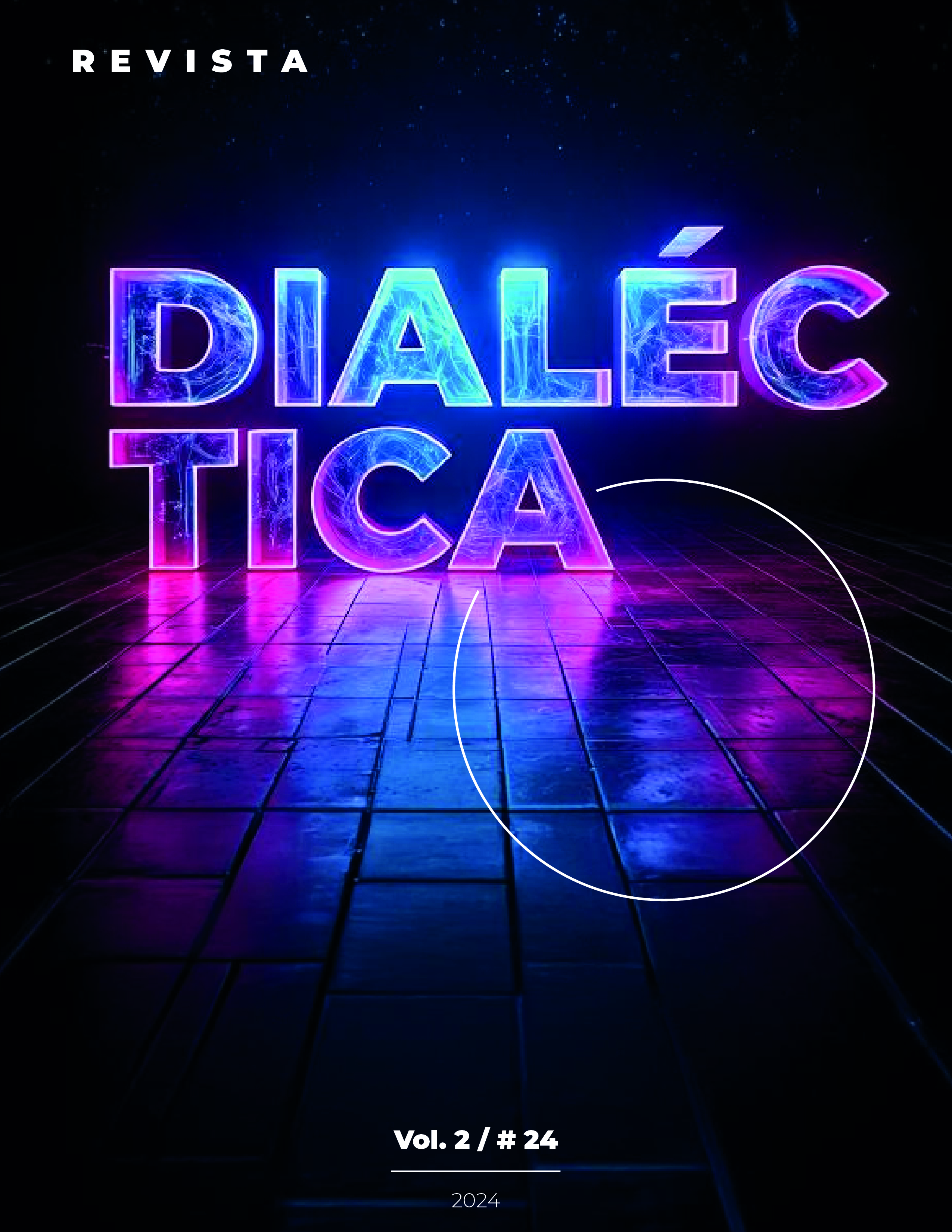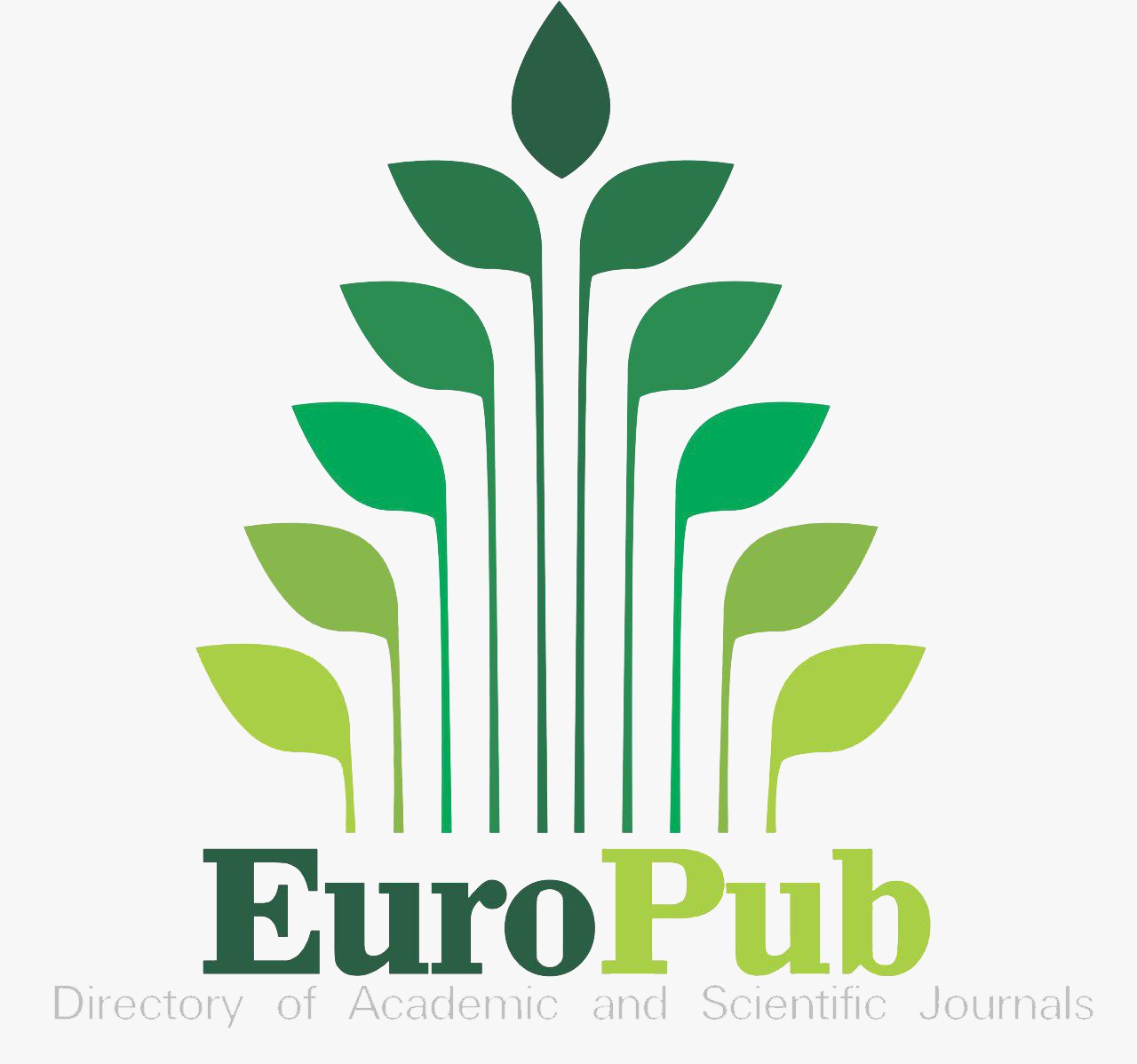RESEARCH AS CONTEXT AND POSSIBILITY FOR THE REFLECTION OF TEACHING PRAXIS
DOI:
https://doi.org/10.56219/dialctica.v2i24.3453Keywords:
Educational research, reflection, Educational QualityAbstract
Educational research-IE is undoubtedly a space to advance in the study and solution of many problems that arise in education. Both in the formulation of policies, programs and plans, as well as in the context of each educational institution and logically, within the classroom itself. But it can be seen that in many cases, EI does not have the impact expected of it, it does not generate transformation processes and effective solutions to the problem situations studied. This is due to various factors: negligence or ignorance on the part of the different levels of the educational systems, lack of resources, deficiencies in the work of socialization of their work by researchers, among others. Given this reality, advancing in the comprehensive reflection on the EI work carried out can be a way to ensure that its processes and results transcend, that they are assimilated by the different actors in the educational process, becoming more effective in improving educational quality., and incidentally, that research teachers are authentic transforming agents of their reality. Therefore, in this reflection the objective is proposed to advance or deepen the relationship that must occur between reflection and EI, with the teacher as the first-order protagonist, given the need for the research carried out in the educational field to really contribute. to its improvement and transformation. The methodology is based on a documentary review of various sources related to the topic.
Downloads
References
Aguilar, N. y Cifuentes, G. (2021) Maestros que investigan: un estatus aún en disputa. Estudios pedagógicos Vol 43 Núm 3. Valdivia, Chile. Recuperado: https://www.scielo.cl/scielo.php?script=sci_arttext&pid=S0718-07052021000300125 DOI: https://doi.org/10.4067/S0718-07052021000300125
Cabrera, S. (2021). Radio la calle. Disponible en: https://radiolacalle.com/las-universidadespublicas-requieren-de-propuestas-de-divulgacion-cientifica/ Acceso el 10 jun. 2021
Castro Lasso, Edgar Una reflexión sobre la educación y la investigación pedagógica. "La investigación debe ser una práctica transversal en la escuela" Entramado, vol. 2, núm. 1, enero-junio, 2006, pp. 94-104 Universidad Libre Cali, Colombia
Espinoza, V. y Escobar, J. P. (2024). Reflexiones sobre la investigación educativa y su impacto en la educación actual. Centro UC-CEDETI. Recuperado: https://www.cedeti.cl/2024/01/24/conectando-saber-y-practica-reflexiones-sobre-la-investigacion-educativa-y-su-impacto-en-la-educacion-actual/
García, M. J. y Castro, A. M. (2017) Notas teórico-metodológicas de pesquisas em educação: concepções e trajetórias [online]. Ilhéus, BA: EDITUS. Recuperado: http://books.scielo.org/id/yjxdq/epub/mororo-9788574554938.epub.
González, L.A. (2021) Reflexiones sobre la investigación educativa (II). Diario Latino Recuperado: https://www.diariocolatino.com/reflexiones-sobre-investigacion-educativa-ii/
González, Nelia; Zerpa, María Laura; Gutierrez, Doris; Pirela, Carmen La investigación educativa en el hacer docente Laurus, vol. 13, núm. 23, 2007, pp. 279-309 Universidad Pedagógica Experimental Libertador Caracas, Venezuela
https://www.redalyc.org/journal/1341/134166565011/html/
Martínez, J.E., Tobón, S., López, E. y Manzanilla, J.E. (2019) Calidad Educativa: un estudio documental desde una perspectiva socioformativa. Revista Latinoamericana de Estudios Educativos. Vol 16 Núm 1. Universidad de Caldas, Colombia.
Martínez, J.P., Puerto, P.Y. y Présiga, C.A. (2022). El docente investigador como factor de transformación de la sociedad: reflexión sobre el papel de la construcción de saberes, su propia práctica y la construcción de redes de conocimiento. https://revistas.umecit.edu.pa/index.php/oratores/article/view/697/1724 DOI: https://doi.org/10.37594/oratores.n17.697
Moreno, J.P., Arbulú, G. y Montenegro, L. (2022) La metacognición como factor de desarrollo de competencias en la educación peruana. Revista Educación Vol. 43 Núm 1. Universidad de Costa Rica. Recuperado: https://www.redalyc.org/journal/440/44068165006/html/
Páez, R.M. (2020) Problemas y posibilidades del pensamiento crítico en la educación. CLACSO-Universidad de la Salle. Bogotá, Colombia. Recuperado: https://biblioteca.clacso.edu.ar/Colombia/fce-unisalle/20210211051501/Pensamiento-critico-educacion.pdf
Posadas, P. y Godino, J.D. (2017) Reflexión sobre la práctica docente como estrategia formativa para desarrollar el conocimiento didáctico matemático. Universidad de Granada. Recuperado: Ugr.es/jgodino/fprofesores/posadas_reflexión.pdf.
Resignificar la praxis educativa en tiempos de incertidumbre: un desafío para las organizaciones sociales. Revista de Ciencias Sociales (Ve). Universidad de Zulia, Venezuela. Recuperado: www.redaly.org./articulo.oa?
Roget, A.D. y Gómez, M.V. (2014). La práctica reflexiva. Bases, modelos e instrumentos. Narcea, SA. De Ediciones. Madrid, España. Recuperado: https://dfa.edomex.gob.mx/sites/dfa.edomex.gob.mx/files/files/practica%20reflexiva,%20La%20-%20Domingo%20Roget,%20Angels%20subrayado(Autosaved).pdf
Valle, A.M. (2021) Investigación educativa: problemática y carácter multidisciplinario. Reflexiones teóricas y filosóficas. Revista Práxis y Saber. Editorial UPTC. Recuperado: Recuperado: https://www.dspace.uce.edu.ec/server/api/core/ bitstreams/2d320930-b426-4ef9-b523-1f880e215700/content
Downloads
Published
How to Cite
Issue
Section
License
Copyright (c) 2025 DIALÉCTICA

This work is licensed under a Creative Commons Attribution-NonCommercial-ShareAlike 4.0 International License.
La revista Dialéctica conserva los derechos patrimoniales (copyright) de las obras publicadas, que favorece y permite la reutilización de los mismos bajo la licencia Creative Commons Atribución-NoComercial-CompartirIgual 4.0 , por lo cual se pueden copiar, usar, difundir, transmitir y exponer públicamente, siempre que se cite la autoría y fuente original de su publicación (revista, editorial, URL y DOI de la obra), no se usen para fines comerciales u onerosos y se mencione la existencia y especificaciones de esta licencia de uso. Si remezcla, transforma o crea a partir del material, debe distribuir su contribución bajo la misma licencia del original.












